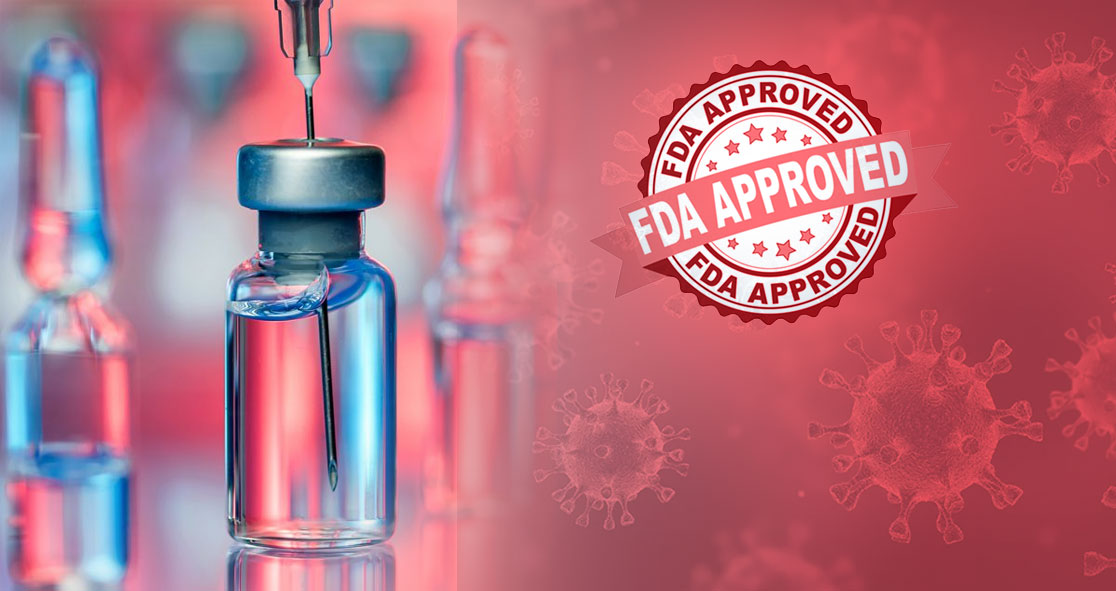The U.S. Food and Drug Administration (FDA) has approved the use of a preventive COVID monoclonal antibody treatment for people who are immunocompromised, according to NBC News.
This FDA’s approval brings hope to the estimated 3% of Americans who are immunocompromised, including those who have autoimmune diseases, HIV, cancer, and even organ transplant recipients, who are more susceptible to COVID infection even after being fully vaccinated.
COVID antibody researcher Dr. Myron Cohen said that monoclonal antibodies protect one from severe illness by overwhelming the coronavirus infection while it is still mostly in the nose and throat.
Dr. Cohen, who is one of the investigators of the study of REGEN-COV as prevention, said, “It’s a race between your ability to make an antibody to protect your lungs and the rest of your body and the virus. And if you’re likely to lose the race, you’re the person for whom these antibody drugs are appropriate.”
However, the FDA said issuing the emergency expanded authorization of monoclonal antibodies should not be considered a vaccination substitute, urging all who are eligible to get vaccinated.
Dr. Ghady Haidar of the University of Pittsburgh Medical Center said, “It’s good to know that for people who do not respond well to vaccines, including those who do not make antibodies, we can now help protect them against getting infected with SARS-CoV-2 by giving them antibodies following exposure.”
Haidar is the author of a recent preprint that found that many people with cancer, organ transplants, and autoimmune diseases do not produce coronavirus antibodies after receiving a Covid vaccine. While the Pittsburgh study has not been peer-reviewed, there’s growing evidence that people with weakened immune systems may not be protected after vaccination.
Although the use of monoclonal antibody treatments has remained limited, they can help prevent severe disease, hospitalization, and death. They are typically given through an IV infusion and need to be administered within 10 days after the symptoms of COVID begin.
The Regeneron’s antibody cocktail can be given as an injection and the first dose must be administered within 96 hours of exposure.
A spokesperson of Regeneron said the cost of the monoclonal antibody treatment is covered by the federal government.
Infectious disease expert Dr. Katharine Bar of the University of Pennsylvania said the FDA approval for prevention is reassuring for people at high risk of severe COVID illness.
She said, “The best defense against current infection rates is vaccinating as many people as soon as possible. But these highly efficacious treatment options for early infections and their contacts also have a role.” Dr. Bar is one of the authors of the Regeneron treatment as prevention.























